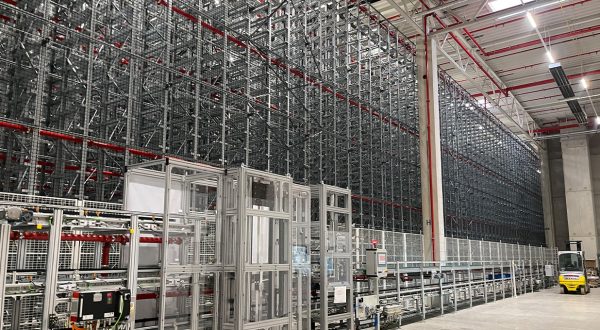Switzerland, a country dedicated to low-impact innovation
Reading time: 2 min

© Alain Herzog / EPFL
What if digital developments were used to bolster existing systems? In Switzerland, innovation isn’t necessarily synonymous with revolutionary change.
Must start-ups always break with the past? That’s certainly the mindset in many countries where digital innovation not only presupposes relinquishing past models but requires that these models be disowned and even overturned.
While this belief is widespread, it isn’t unanimous. An investigation carried out by the think tank Renaissance Numérique shows that in Switzerland, for example, digital innovation isn’t perceived as a break from the past but as a way to boost economic processes already in place.
Authorities support this view of non-revolutionary innovation
Switzerland’s political authorities support this view of non-revolutionary innovation. Start-ups receive public investment commensurate with their needs, particularly with regard to competitiveness, which is why there is strong investment in healthcare-related projects. After all, Switzerland’s pharmaceutical industry alone generates 32% of the country’s exports.

© Alain Herzog / EPFL
Low-impact innovation stabilises and strengthens the economic system
This low-impact version of innovation provides a major benefit: by encouraging the transfer of creativity within businesses, it stabilises the economic system while maintaining its resilience in the face of digital change. There are, however, drawbacks: Switzerland generates relatively few start-ups, and the country lacks visibility on the international stage with respect to innovation.
20/10/2016


